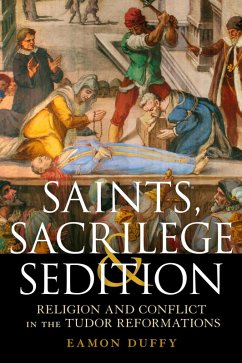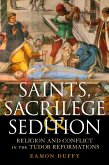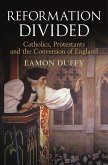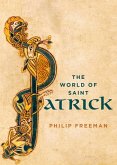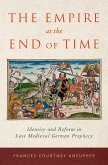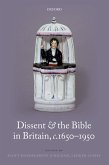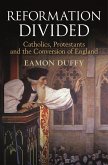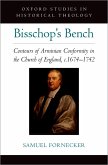In this wide-ranging book, Professor Eamon Duffy explores the broad sweep of the English Reformation, and the ways in which that Reformation has been written about.
Tracing the fraught history of religious change in Tudor England, and the retellings of that history to shape a protestant national identity, once again he emphasizes the importance of the study of late medieval religion and material culture for our understanding of this most formative and fascinating of eras.
Getting to grips with the misconceptions, discontinuities and dilemmas which have dogged the history of Tudor religion, he traces the lived experience of Catholicism in an age of upheaval: from what it meant to be a Catholic in early Tudor England; through the nature of militant Catholicism at the height of the conflict; to the after-life of Tudor Catholicism and the ways in which the 'old religion' was remembered and spoken about in the England of Shakespeare.
Duffy writes at all times with grace, elegance and wit as he questions prejudices and myths about the Reformation, to demonstrate that the truth about the past is never pure nor simple.
Tracing the fraught history of religious change in Tudor England, and the retellings of that history to shape a protestant national identity, once again he emphasizes the importance of the study of late medieval religion and material culture for our understanding of this most formative and fascinating of eras.
Getting to grips with the misconceptions, discontinuities and dilemmas which have dogged the history of Tudor religion, he traces the lived experience of Catholicism in an age of upheaval: from what it meant to be a Catholic in early Tudor England; through the nature of militant Catholicism at the height of the conflict; to the after-life of Tudor Catholicism and the ways in which the 'old religion' was remembered and spoken about in the England of Shakespeare.
Duffy writes at all times with grace, elegance and wit as he questions prejudices and myths about the Reformation, to demonstrate that the truth about the past is never pure nor simple.

